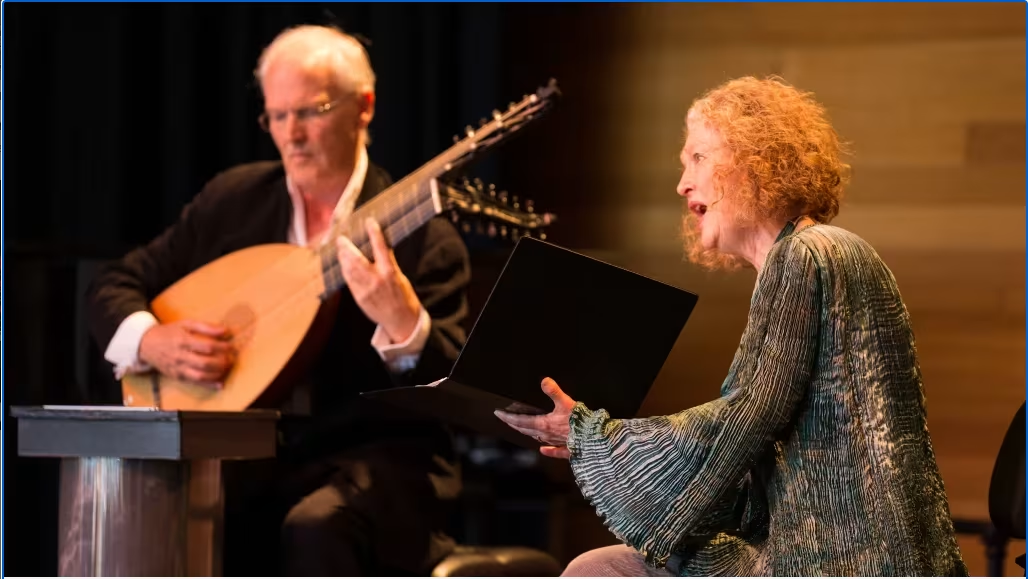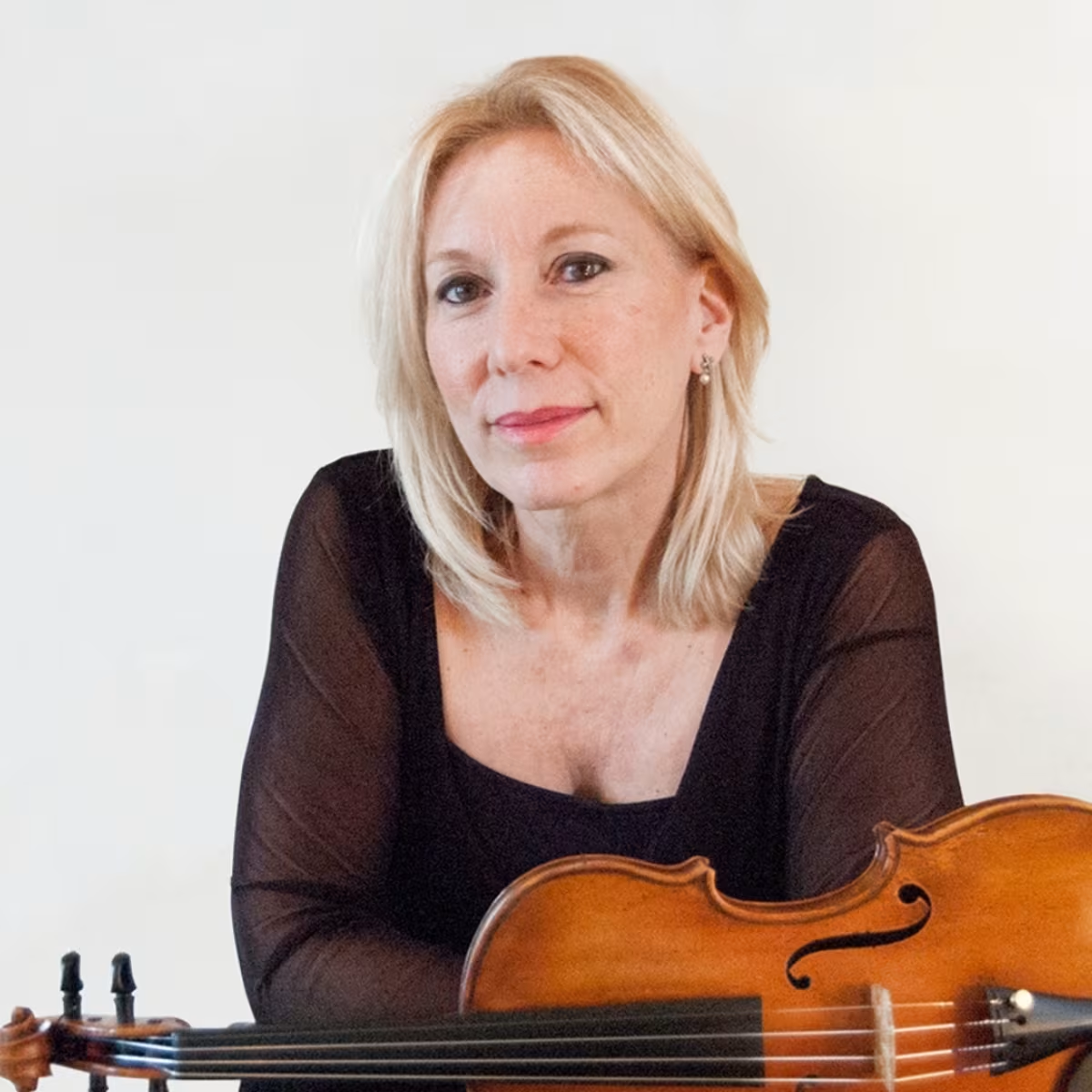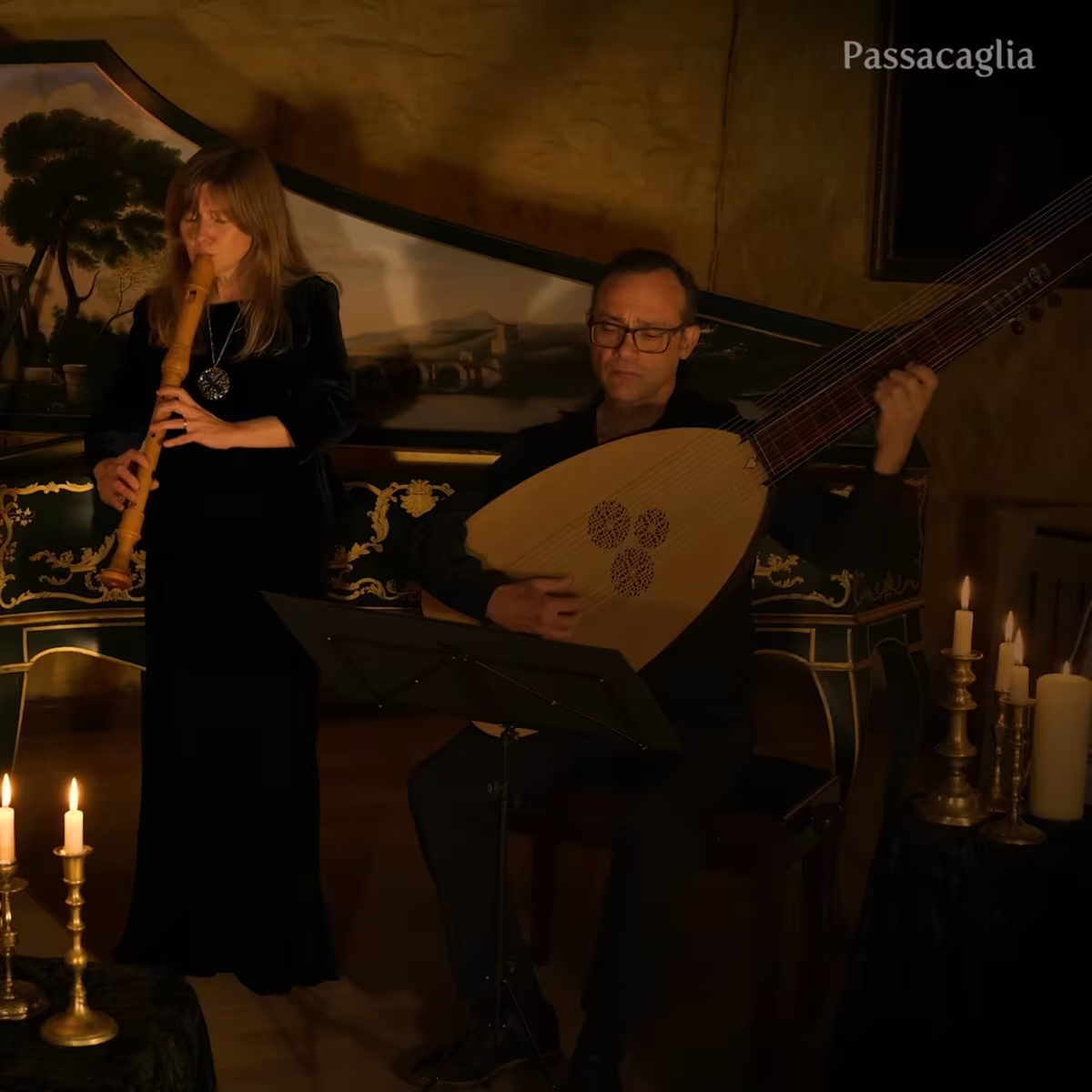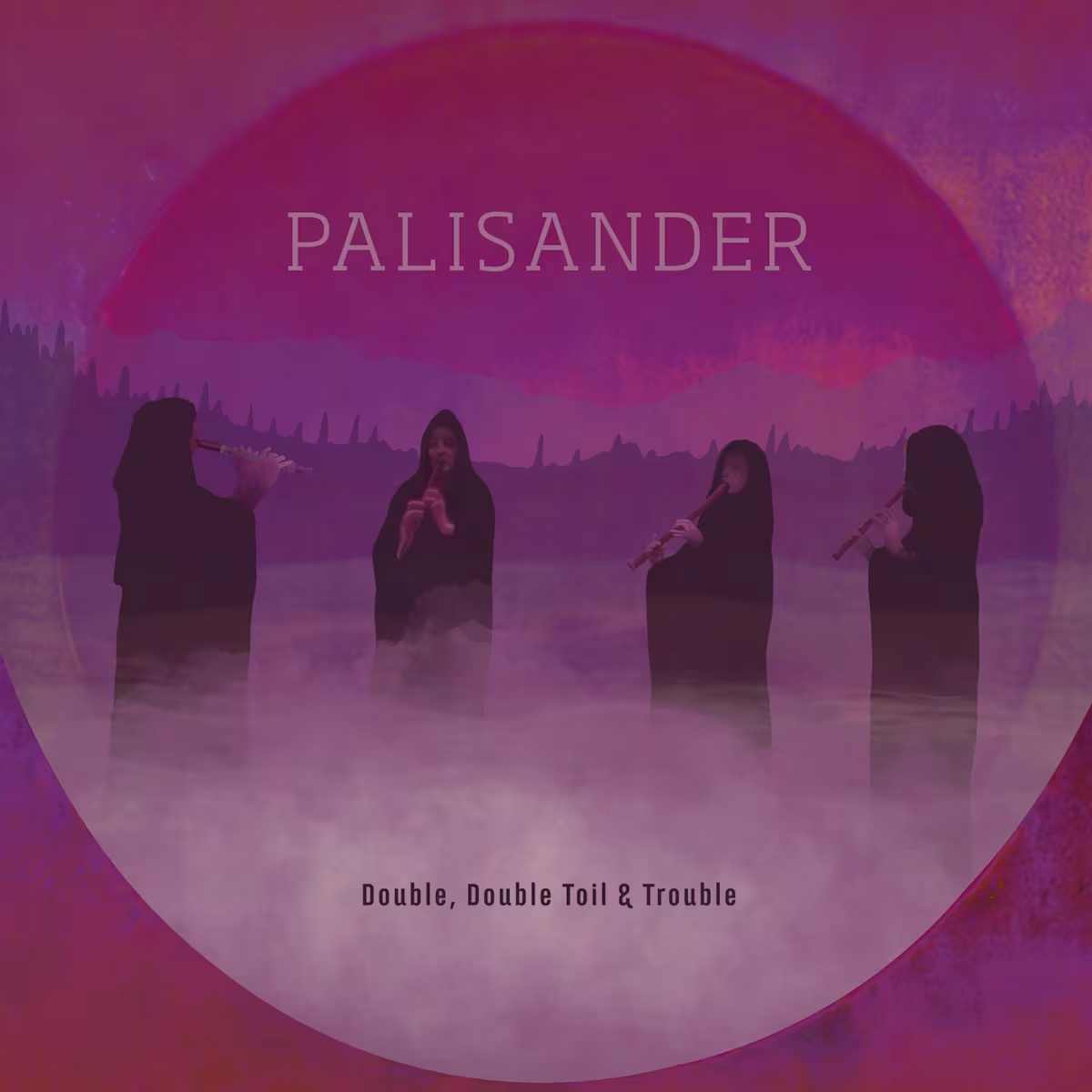Feature
Emma Kirkby: Gentle airs – the art of the lute song
The Dame Emma Kirkby Interview | Part II
Share this

BY ASHUTOSH KHANDEKAR | FIRST PUBLISHED 22 AUG 2025
Dame Emma Kirkby is an iconic figure in the Early Music scene. Her pure, precise and intensely focused singing set a new measure for authenticity in Renaissance and Baroque performance practice, influencing a generation of singers in matters such as tone, vibrato, phrasing and above all, in the communicative power of the text. She was awarded a DBE in 2007, and in 2011, she became the sixth recipient of the Queen's Medal for Music. In 2019, Gramophone Magazine presented her with a Lifetime Achievement Award for Services to Music, and she has been a Patron of Continuo Foundation since 2020. Ash Khandekar spoke to Dame Emma about her influential 60-year career, and over the next two days, we will publish excerpts from this exclusive interview. The full interview will appear on Continuo Connect on Sunday 24 August.
Lute songs, and especially those of John Dowland, have formed a cornerstone of Emma Kirkby’s career. She describes Dowland’s music as ‘home’: ‘It’s comfort food for me, and the songs have always inspired me as a singer. Words and diction are an absolute obsession of mine, and nowhere in music are they more important than in the lute-song repertoire. The songs look so simple on the page – and indeed anyone can sing them: you don’t need any sort of fancy technique… but there’s real subtlety there, too. Every time I come back to these songs, I discover more and more interesting ways to approach them. There are so many layers.’
Kirkby’s first encounter with lute songs was as a student in Oxford. Figures such as Diana Poulton were popularising the instrument, which reflected the rise of interest in Renaissance music and in folk traditions. ‘It was a lucky time when the university seemed to be full of lutenists,’ Kirkby recalls.
The titular track from Dame Emma Kirkby & Anthony Rooley’s ‘Time Stands Still: Lute songs by John Dowland and his contemporaries’ released on Hyperion Records, 1987
She went on to record a seminal album of lute songs with Anthony Rooley entitled Time Stands Still. ‘Anthony always used to say, in his broad Yorkshire accent, “The sound of the lute always starts at nowt and then tapers off…” In other words, you pluck it and then it vanishes – which leaves the singer very exposed. It’s really quite scary, especially when you’re used to having a piano supporting your voice on a comfortable bed of sound. But when you get used to it, it's actually rather intoxicating, because it frees you to do anything you want with the words. It really brings the text to the fore: you can vary the emphasis, speed it up, slow down, use all sorts of vocal colours to convey the mood and meaning. It’s true that every little blip, every tremble in your voice will show; but on the other hand every nuance you want to cherish will also come through.’
Dame Emma Kirkby & Jakob Lindberg performing Morley's ‘Come sorrow, come’ (‘Musique and Sweet Poetrie – Jewels from Europe around 1600’ released on BIS Records, 2006)
Another lutenist with whom Kirkby has had a long artistic collaboration is the Swede Jakob Lindberg, with whom she toured the world giving lute-song recitals and masterclasses over two decades. It was Lindberg whom Kirkby chose as her accompanist in a 2007 episode of The South Bank entitled ‘The Unsung Heroine’, marking her investiture as a Dame. The two also collaborated on an important album of lute songs, ‘Musique and Sweet Poetrie – Jewels from Europe around 1600’.
Excerpt from ITV’s The South Bank show, ‘Emma Kirkby: The Unsung Heroine’
Lindberg often described Kirkby’s voice as being ideally suited to the lute: ‘It is wonderful how her clear, rich and yet intimate voice blends so well with the instrument,’ he said. On her part, Kirkby describes Lindberg as a quiet, but highly communicative musical personality: ‘Jakob is not only a virtuoso player, but he’s a tremendous educator, too. He has a lovely way of describing the dynamic of the lute. He says, “a lute can only speak, it cannot shout.” He announces this when he goes into a class of rowdy young children to introduce them to the lute. And it works! It makes them really listen.”'
The third excerpt from Ashutosh Khandekar’s interview with Dame Emma Kirkby will be available tomorrow, Saturday 23 August. The full interview will be published Sunday 24 August on Continuo Connect.
Share this
Keep reading

Beethoven revisited
Violinist Jacqueline Ross reflects on her evolving relationship with the composer’s violin sonatas, and her research-led project, ‘Beethoven Revisited’.

Passacaglia | Danican-Philidor ‘fils aîné’: ‘Le tombeau’
Passacaglia performs ‘Le tombeau’ in a video from their forthcoming album, ‘La Parisienne’, showcasing the music by the Danican-Philidor family.

Double, Double Toil & Trouble | Palisander
Palisander’s new album, Double, Double Toil & Trouble, features repertoire spanning 900 years, inspired by the mystical and magical.



